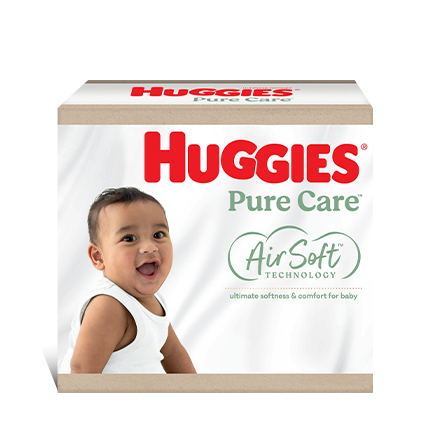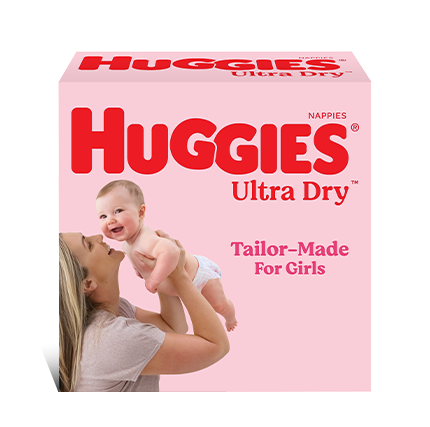Hypernatremia might sound like a big and scary word but for all purposes, it’s very much the same thing as dehydration, that doesn’t mean it’s a condition you can afford to ignore either. It happens when there is too much sodium (salt) or a lack of water in the body. You can lose water in a number of different ways, from sweating to going to the bathroom; the problem arises when you lose more water than you drink. Now how does this relate to your child and safety in the water?
Well, when you sweat and get hot in water, you don’t really realise it as you are kept cool by the water and your sweat will run off into the pool or ocean where you are swimming so you can get dehydrated without even knowing it. Hypernatremia has also been known to happen if too much seawater is swallowed (although typically this is a rare phenomenon), so try to educate your child to keep their mouth closed as much as possible when swimming in the sea.
Why can it happen to my child?
Hypernatremia occurs most often in the elderly and babies, as they may be thirsty but unable to verbalise their need for water. That’s why it’s so important to keep your child hydrated whilst swimming, they might not be able to tell you they are thirsty. Constantly offer water and make sure that your child takes fluid at regular intervals.
There are certain symptoms that Hypernatremia causes and can be good things for you to look out for during any kind of physical exercise, these symptoms include:
- Tiredness
- Weakness
- Tetchiness
- Seizures (these are uncommon and are usually associated with severe cases of the ailment)
Now if you do notice any of these things or think that your child might be suffering from Hypernatremia, the best thing to do is hydrate your child using water. You need to do this slowly however as rapid introduction of water to somebody with Hypernatremia can actually cause more harm than good. Hypernatremia may also occur in your bub if they are not breastfeeding properly as this can cause dehydration, so make sure you supplement your child’s diet with water.
Drinks and snacks to bring to the beach
Here are some great ideas for food and drinks you can easily bring to the beach to ward off Hypernatremia and keep your kids going all day long:
- Ice cold water in an esky is always a great idea as it’s the perfect refreshing drink on a hot day
- Celeries and carrots are a healthy alternative to traditional beach fast foods
- Fresh fruit like apples and grapes are easy to eat and contain lots of natural juice
- Iceblocks make a great dessert
- Make sure you bring plenty of ice to keep all your supplies cool
In summary, Hypernatremia is not something you have to seriously worry about, just bear in mind that a lot of the time, your bub can’t ask for a drink or go get one by themselves. So remember to keep your tot hydrated, especially whilst swimming.
Last Published* May, 2024
*Please note that the published date may not be the same as the date that the content was created and that information above may have changed since.





















